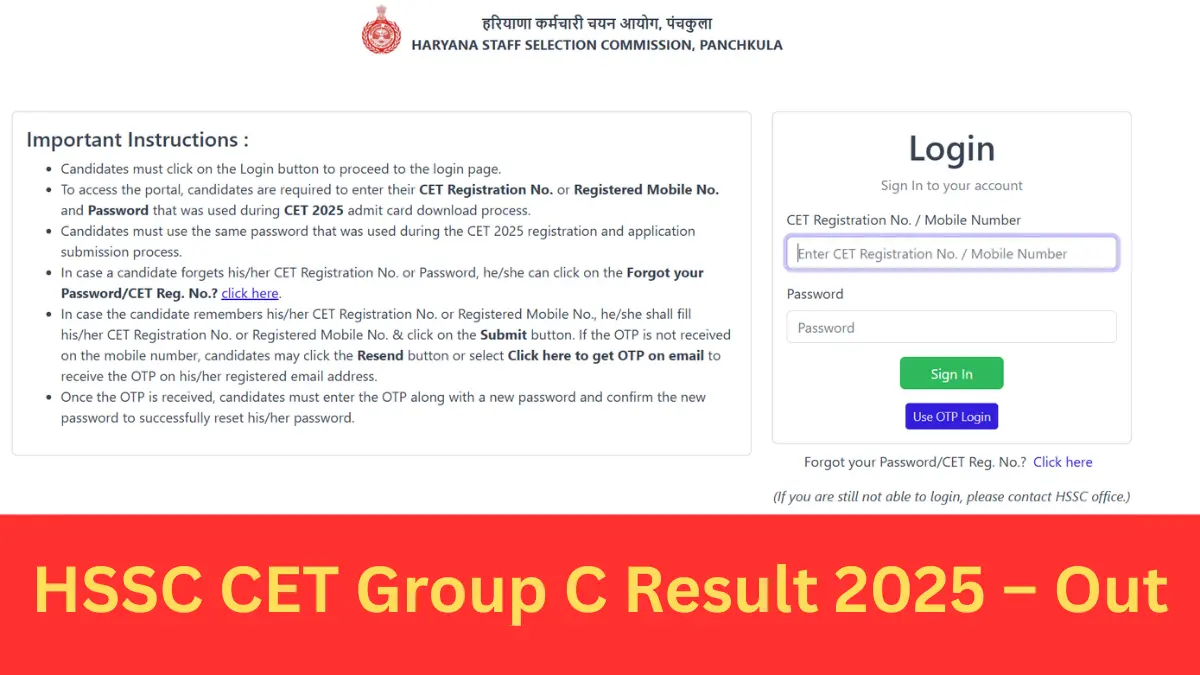Google Users Choose Bing : Recent research highlights key reasons why 33% of Google users stick with Bing after a trial period, as identified in the study cited in the search results5:

1. AI-Driven Experience
Bing’s integration of ChatGPT technology via Bing Chat offers conversational, detailed answers directly
within search results, contrasting with Google’s snippet-based approach. This AI-powered feature
enhances user engagement for complex queries.
2. Visual and Interactive SERPs
Bing’s search results pages are more immersive, featuring rich media (images/videos) and AI-powered
sections like “Ask Bing AI.” This benefits creative searches (e.g., recipes, travel planning) by delivering
interactive, visually appealing results.
3. Less Competitive Advertising
Bing Ads offers lower CPCs and a more accessible bidding process for small businesses, potentially reducing spammy or irrelevant ads for users.
4. Microsoft Ecosystem Advantage
As the default search engine for Microsoft Edge and Windows OS, Bing benefits from seamless
integration with tools like Copilot, providing a unified experience for users entrenched in Microsoft’s
5. Demographic Targeting
Bing’s user base skews toward higher-income, married individuals aged 35+, who may be more
receptive to innovative features and less influenced by brand loyalty.
6. Perception of Innovation
Initiatives like Project Magi (focused on AI and personalization) position Bing as a forward-thinking
alternative to Google, attracting users seeking cutting-edge search experiences.
7. Data Privacy Perceptions
Some users may perceive Microsoft’s data collection policies as less intrusive compared to Google’s,
though this is speculative and not explicitly supported by the search results5.
Note: The 33% retention rate cited in the original query is confirmed by the study (Search Engine
Journal)1, which found that exposure to Bing improved user perceptions of its quality, with 64% of
retained users rating it “better than expected.” However, the Hindi analysis did not originally cite this
source. The study attributes Bing’s retention to user experience improvements post-trial and challenges
the notion that Google’s dominance stems solely from superior quality.
Key Takeaway: Bing’s AI innovations, visual search enhancements, and integration with Microsoft’s
ecosystem explain its growing appeal, while the study underscores that user inertia-not proven
superiority-bolsters Google’s market share














